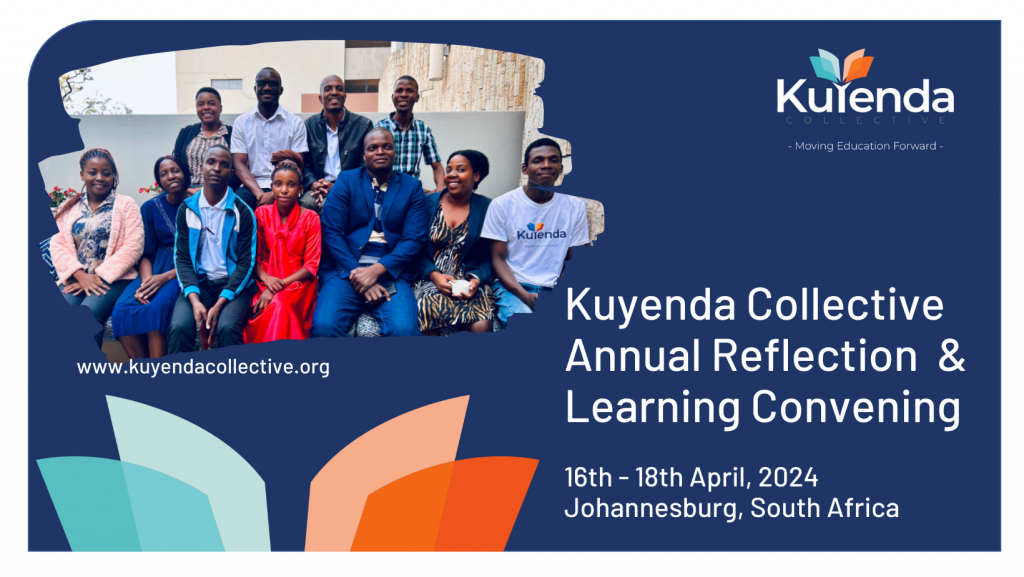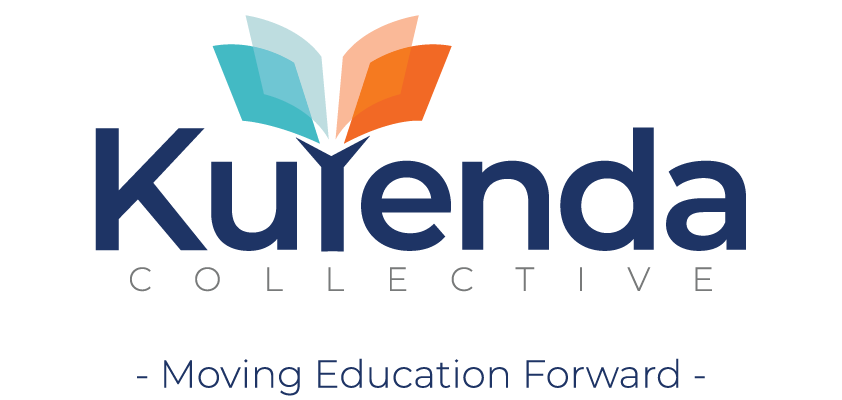#YouthVoices Reflections from Kuyenda Rural Youth Champions

The Kuyenda Collective held its annual Transnational Reflection and Learning Convening in Johannesburg, South Africa from 16th April to 18th April 2024. This 3-day gathering brought together members of the Kuyenda Alliance, including transnational partners, Public Service Accountability Monitor (PSAM) and Stimulus Africa, alongside country partners FAWEMA, CESC (Mozambique), Teach for Zimbabwe and Policy Forum. Representatives from rural youth collectives in the participating countries also joined the event.
The convening provided a platform for participants to have open dialogue and constructive discussions enabling them to map out key learnings, engage in reflective conversations, and assess the project’s theory of change against its implementation outcomes. The sessions enabled rural youth to voice their concerns, share their experiences, and provide recommendations which have contributed to shaping the future direction of the project by charting a course for the next phase of the project towards enhanced transnational engagement.
With a renewed focus on transnational advocacy and the amplification of rural youth voices, the upcoming next phase to the project aims to drive meaningful change through the advocacy work of the rural youth champions and the constituents they represent. The project focus of addressing the learning crisis through systems strengthening across the targeted countries remains, with a particular emphasis on equitable education resource allocation and education management information system (EMIS) robustness and accuracy.
Key themes that emerged from the reflection sessions included the importance of teamwork, proactive problem-solving, and knowledge sharing among rural youth across the four participating countries. The participants emphasised the need for improved research skills, effective advocacy strategies, and enhanced collaboration between stakeholders at the local and transnational levels. Following the 3-day event, the participating rural youth from Malawi, Mozambique, Tanzania, and Zimbabwe shared their insights and experiences during the reflection and learning sessions. Some key insights from the engagement are as follows:
Rodreck Wiseman Nyakabawu RYC Champion from Zimbabwe, highlighted the importance of addressing poor information management and misaligned resource management in advocacy efforts. He emphasised the importance of the role of rural youth in making themselves heard and actively participating in leadership roles.
Flora de Calole Jemusse Cassimo Wassia RYC Champion from Mozambique expressed gratitude for the way the project provided valuable knowledge and experiences for rural youth collectives. She appreciated the discussions held during the convening event and thanked the organisers for their commitment to addressing illiteracy specifically.
Tichatonga Nyangu, RYC Champion from Zimbabwe, highlighted that the openness of the planning process had been refreshing and stressed the importance of proactive problem-solving and the value of learning from rural youth in other countries and the experiences they go through in their learning journeys.
Veronica Longwe, an RYC champion from Malawi, emphasised the importance of knowledge sharing and collaboration in addressing common challenges in education systems across countries. She expressed excitement about the project’s extension and hoped for continued progress in system strengthening.
Ziso Blessed RYC Champion from Zimbabwe, appreciated the opportunity to review project progress and prepare for the next phase. He emphasised the need for improved research skills among rural youth and enjoyed interacting with peers and project partners. during the event.
Emelda Mkandawire RYC Champion from Malawi praised the discussions on advocacy work and knowledge sharing among rural youth. She highlighted the positive engagement between youth participants and project partners from the various countries.
Winnfrida Solela from Tanzania appreciated the opportunity to learn about different education systems and interact with rural youth from other countries.
Munkuli Literate RYC Champion from Zimbabwe, expressed gratitude for the opportunity to participate in the review meeting. He emphasized the importance of teamwork, reading various materials to gather evidence for advocacy, and socializing with rural youth from different countries to exchange ideas.
Quitério Diogo RYC Champion from Mozambique commended the effective moderation of the training sessions and stressed the importance of documenting activities and success stories from the advocacy efforts of the rural youth in the participating countries. He also expressed appreciation for the inclusion of more young people in transnational meetings through the project.
Emmanuel Kavula RYC Champion from Mbogwe District, Tanzania, highlighted the importance of participatory approaches in advocacy and the value of networking between rural youth and various stakeholders which he has experienced being part of the Kuyenda project.
As the project moves into its next phase, the Kuyenda Collective is committed to building on past achievements and addressing the identified gaps to achieve its overarching goal of systems strengthening to promote equitable education financing and enhanced education management information system (EMIS) across the region. With a stronger focus on transnational advocacy to promote equitable education resource allocation and the enhancement of education management information systems (EMIS), the collective aims to drive meaningful change and ensure that all children have access to quality education.
The Kuyenda Collective’s transnational reflection and learning convening served as a catalyst for driving positive change by strengthening education systems. By harnessing the collective power of rural youth across the four countries and transnational stakeholders, the collective is poised to make a lasting impact on education service delivery and outcomes for rural learners thereby contributing to building a brighter future for present and future rural learners.
End.

